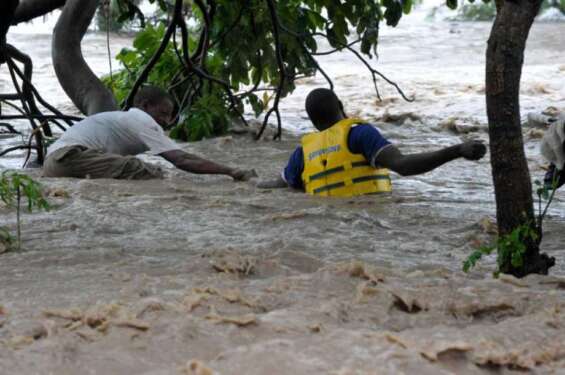African cities are prone to flood damage, which can be widespread leaving hundreds homeless, communities and economic systems destabilized and infrastructures costing millions to build, destroyed.
All these issues factor in an uncomfortable reality that African communities cannot afford. According to a 2018 publication by The Conversation, floods cost Tanzania up to $2 billion annually, while tracing back to 2012, Nigeria—Africa’s top economy suffered its largest floods in the century which wiped out assets worth nearly $10 billion.
[elementor-template id="94265"]
